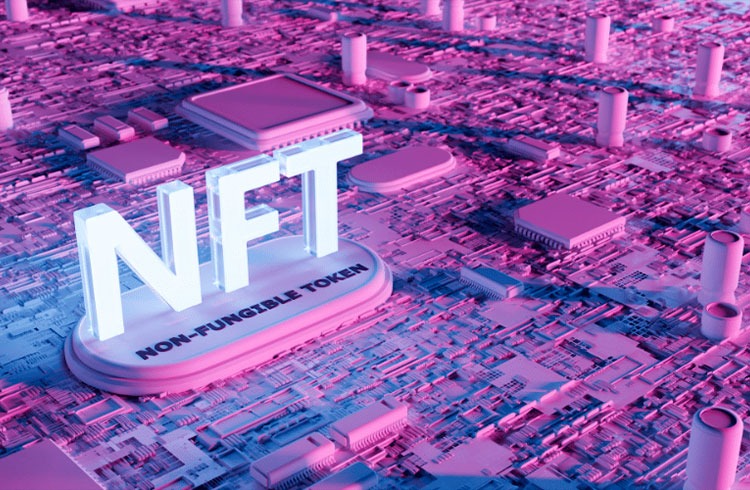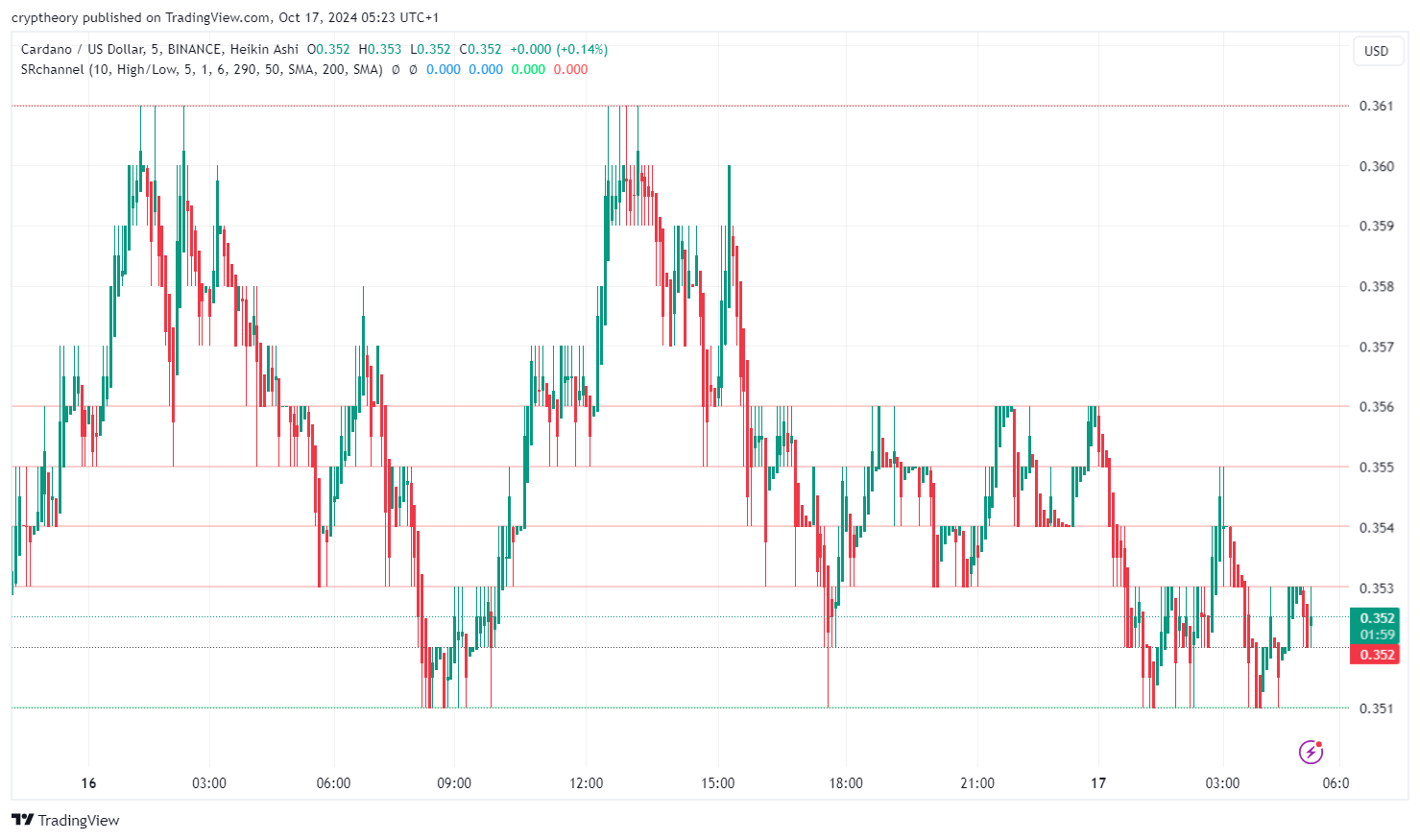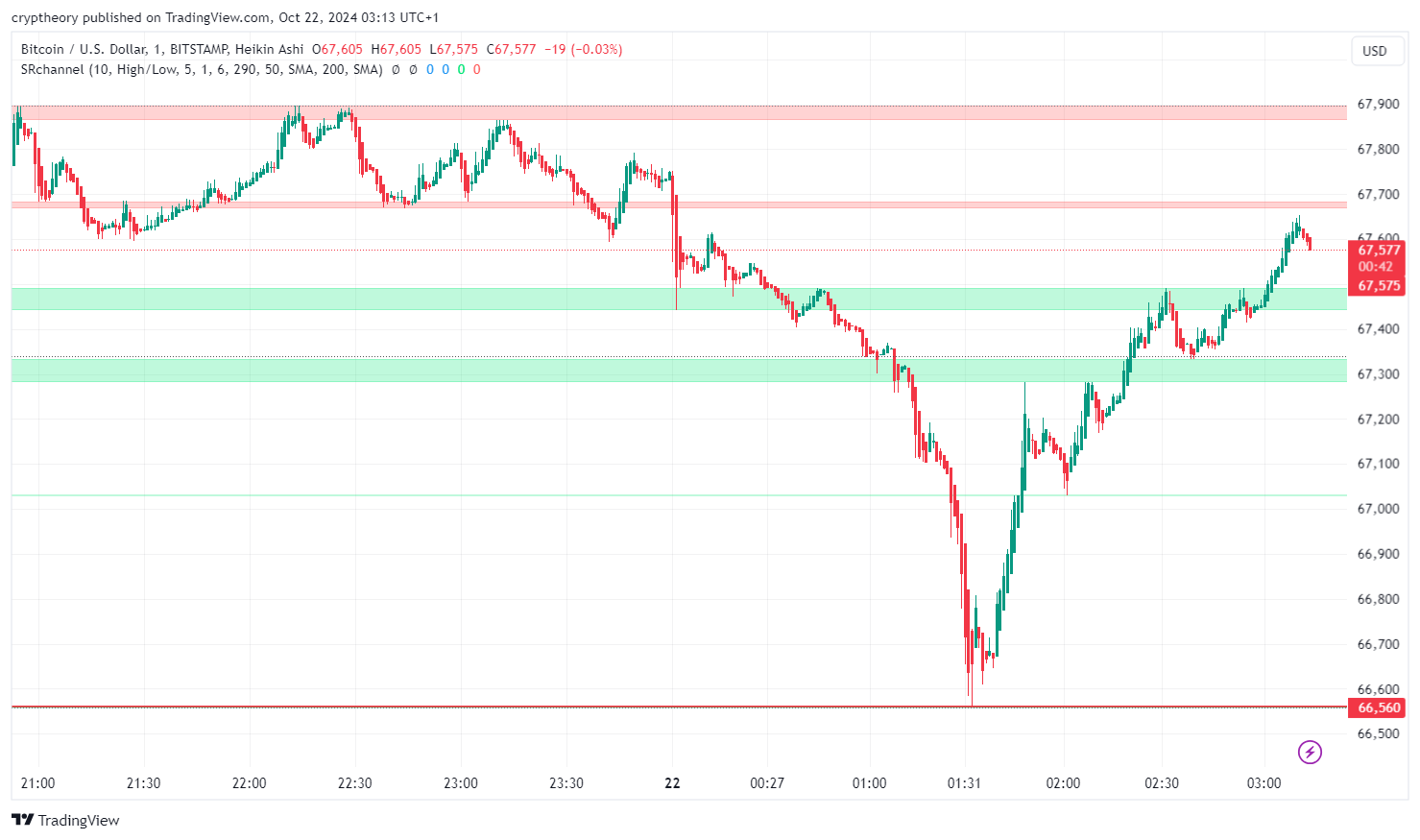Table of Contents
The Infrastructure Bill, which aims to raise $ 550 billion in taxes to the U.S. budget to cover the cost of planned construction of new roads and bridges across the U.S., can have a significant impact on U.S. cryptocurrency industry and ultimately have an impact to BTC and other cryptocurrencies.
The aim of the bill is to raise money
The law is extremely large and addresses many business segments in the United States, but as crypto sector officials point out in its current version, it could be literally devastating for the digital asset industry, which it reportedly plans to raise around $ 28 billion through better tax collection.
As for the mentioned amount, it is very controversial how it was calculated and it is probably just a very rough estimate of the draftsmen who are trying to find a way to fill the budget. The mentioned amount is allegedly related to the estimation of possible tax evasion from investments in cryptocurrencies with regard to the current possibilities of tax evasion. This also suggests that his goal is to access KYC – the personal data of US cryptocurrency investors.
Jake Chervinsky, known as a respected lawyer specializing in cryptocurrency and blockchain technology disputes, suggested that if passed in its current form, the law would adversely affect a huge number of companies doing business with cryptocurrencies.
Problematic definition of a broker and its possible impact
Chervinsky pointed out mainly that in the bill the definition of “broker”, bcs “broker” is so broad that it does not have to apply only to exchanges such as Coinbase or Robinhood, but basically all companies that do business with cryptocurrencies. And not only that. “This definition is so broad that it could apply to almost every economic player in the American crypto industry, including non-Custody actors such as miners, who would be required to provide KYC to all users.” he pointed out.
1 / 🚨 Here’s the deal with the US infrastructure bill:
A new provision has been added that expands the Tax Code’s definition of “broker” to capture nearly everyone in crypto, including non-custodial actors like miners, forcing them all to KYC users.
This is not a drill 👇
– Jake Chervinsky (@jchervinsky) July 30, 2021
“This includes miners of PoW as well as PoS validators, because the wording” provision of services for the transfer of digital assets “(formation from the draft law, ed. Note) seems to be applicable to both.” wrote Chervinsky in a thread on Twitter and added:
,, This can include a wide range of defi users, protocol managers, etc. Depending on what is meant by “discretion” (wording in the law), it may also affect non-economic entities such as node operators or wallet developers. The scope of the law can be enormous. “
It also threatens miners or wallet developers
Bill could therefore directly affect cryptocurrency miners, defi projects or companies that develop cryptocurrency wallets, or even those that have their own nodes (nodes) running. According to him, all these segments would have to submit to the IRS, ie the US Treasury Office, forms relating to crypto transactions and data on the users of their products. At first sight, however, it is clear that in some cases this would not even be possible due to the anonymous nature of these services.
Chervinsky, for example, pointed out that BTC miners were not able to obtain the information required by the law. In other words, they would not be able to meet the requirements of the IRS. “In practice, this could mean a de facto ban on cryptocurrency mining in the United States. It sounds crazy, but it can really happen. Most crypto legislation leads nowhere, so it’s easy to ignore. However, this is not the case. These are provisions that are part of an important infrastructure law that is moving rapidly through Congress and is likely to be passed. “
It’s not time to panic
The law itself focuses on cryptocurrencies mainly because it sees it as a good source of money for the state budget. As was the case a decade ago in an effort to regulate online gambling. However, its form is clearly so unfortunate that it could threaten the development of the cryptographic industry in the United States.
As for the likelihood of the law being passed, the Democratic Progressive Committee opposes its current wording. In addition, several lobbyist blockchain associations based in Washington, DC, are working to make changes to its wording that would mitigate its negative impact on the cryptosector in the United States.
“What can we do about it now? ” Chervinsky asked rhetorically. “First of all, it is necessary to say that there is no need to panic. This provision is not yet final and may still change. Even if it passes as it is currently set, the law will not come into force until 2023 at the earliest, so at least we will have time to try to change it, even in Congress or in court. It can be a long fight,” He added in conclusion.






















